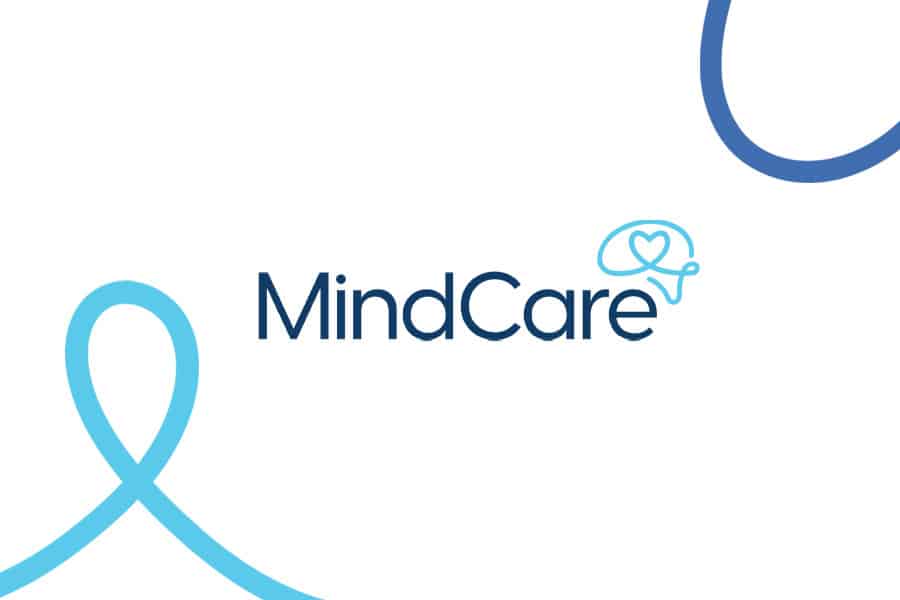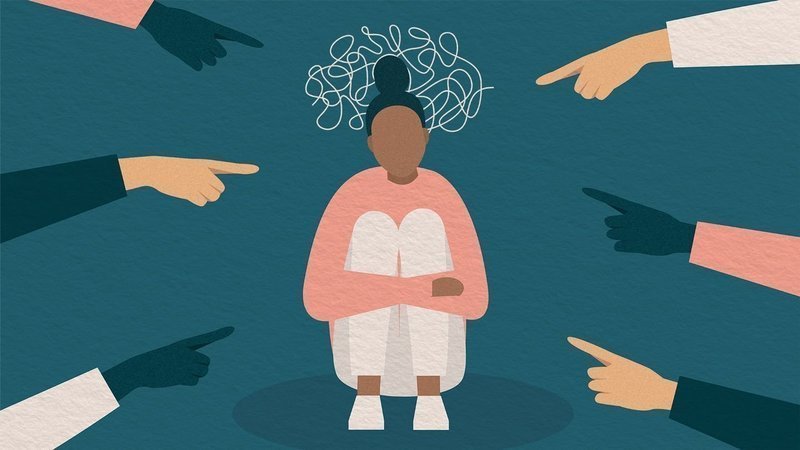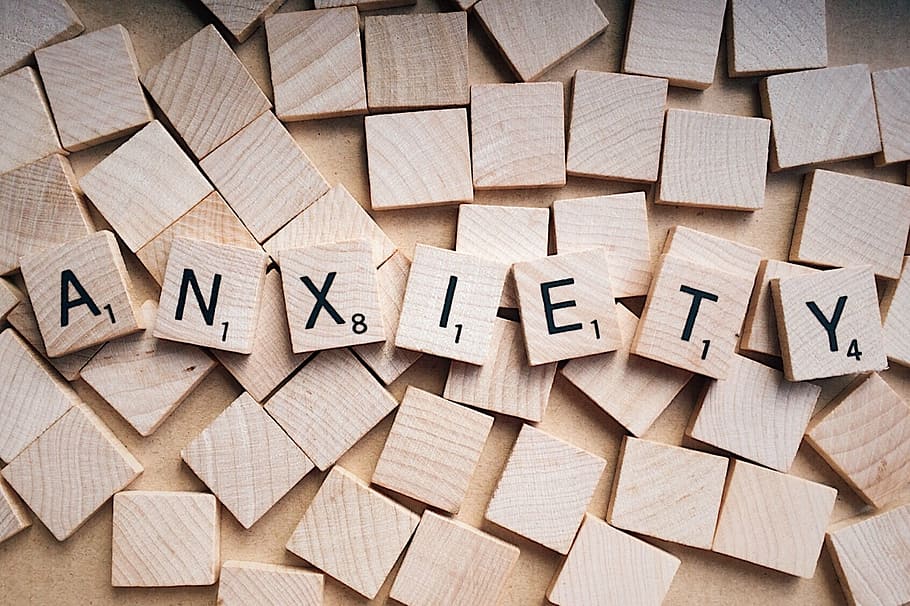Sleep supports physical restoration, mental clarity, and emotional stability. Without it, the brain and body struggle to recover and perform basic functions. According to the Sleep Health Foundation, 1 in 3 Australians don’t get enough sleep. This impacts memory, mood, immunity, and long-term health.
How Much Sleep Do You Really Need?
Most adults need between 7 to 9 hours of quality sleep each night. Sleep needs vary based on age, genetics, and lifestyle.
If you consistently wake up tired or feel fatigued during the day, you may not be getting enough restorative sleep.
| Age Group | Recommended Sleep |
| Teens | 8–10 hours/night |
| Adults | 7–9 hours/night |
| Older Adults | 7–8 hours/night |
What Are the Impacts of Poor Sleep?
Poor sleep weakens brain function and increases risk factors for several physical and mental conditions. Below are the most critical effects:
1. Memory Impairment
Sleep helps consolidate memory. A lack of it affects short-term recall and long-term memory formation.
2. Mood Changes and Mental Health
Sleep loss increases irritability, stress sensitivity, and emotional reactivity.
It is strongly linked to anxiety and depression—especially when sleep issues become chronic.
3. Weakened Immune Function
Poor sleep lowers white blood cell production. This weakens your ability to fight off viruses like the flu and COVID-19.
4. Increased Risk of Type 2 Diabetes
Sleep loss affects insulin regulation. Studies show those with less than 6 hours of sleep have a higher risk of insulin resistance.
5. Higher Blood Pressure and Heart Disease
Inadequate sleep leads to elevated blood pressure and increases inflammation—both major risk factors for cardiovascular disease.
6. Weight Gain and Appetite Changes
Sleep regulates leptin and ghrelin, hormones that control hunger. When disrupted, people feel hungrier and are more likely to crave high-calorie foods.
7. Poor Concentration and Accidents
Cognitive functions like focus, alertness, and decision-making all decline with poor sleep.
This increases the risk of car accidents, falls, and workplace errors.
What Causes Poor Sleep?
Common sleep disruptors include:
- Stress and overthinking
- Excessive screen time (blue light exposure)
- Irregular sleep schedules
- Caffeine or alcohol use before bed
- Medical conditions like sleep apnoea, chronic pain, or anxiety
How Is Sleep Linked to Mental Health?
Mental health and sleep have a bidirectional relationship.
- Poor sleep increases the risk of anxiety, depression, and burnout.
- Mental health disorders often cause or worsen sleep problems.
If poor sleep persists, it may be a symptom of a deeper emotional issue.
Not Sleeping Well? You’re Not Alone.
If your sleep is disrupted by anxiety, racing thoughts, or constant worry—help is available.
At Mind-Care, we support children, teens, and adults with therapy tailored to improve sleep, anxiety, and emotional wellbeing.
Contact us today to book a confidential consultation and start sleeping better—mentally and physically.












